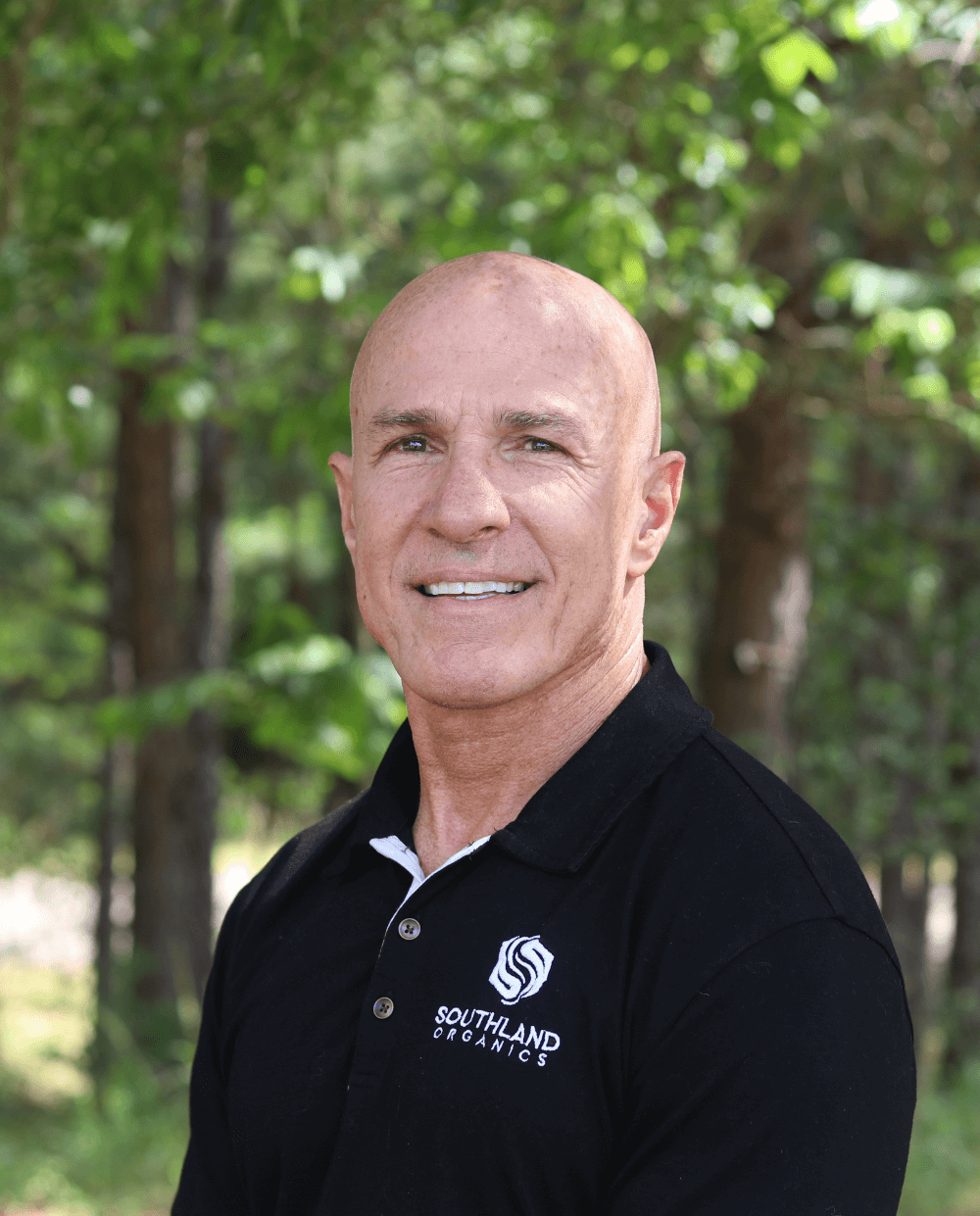Today, we’re going to talk about the personal business side of poultry farming. We all know how expensive it can be to run a farm, so we took some time to sit down with an accountant who has served poultry farmers like you for more than 20 years. The goal? To help keep more of your money in your pockets.
The government has provided tax breaks for you to take advantage of, but you may not be getting the full benefit. First of all—any money you spend on your farm should be seen as something deductible. There’s actually been an update to the Section 179 accelerated depreciation deduction that is majorly in your favor. Thanks to the update, you can now write off up to $1,050,000 each year. This deduction used to only allow you to write off a maximum of $125K, but now it’s up to $1,050,000.
Now, instead of having to spread a large purchase out each year as you pay it off, you can write it off the year you buy it. For example, you can buy a $200,000 tractor in December, and even if you haven’t paid a red cent toward it, you can still leverage it for cash flow to pad your pockets early through your return. Depending on your tax bracket, you would get more of a return with that deduction. If you are in a 30% bracket, then you would pay about $75K less in taxes with the purchase of that tractor. And if you financed it, then you can deduct the interest you pay each year.
Think about anything you had to pay for to operate and improve your farm last year. Feed bins. Pole barns. New equipment in the house. A new house itself. All of these big items should be considered on your taxes.
Now let’s talk about the little stuff that is often overlooked but can really add up.
- The fuel or mileage on your primary vehicle
- The insurance on your primary vehicle
- Your cell phone
- Your home office, which is $5 per sq. ft. under the safe harbor deduction
- Internet
- Property taxes, which are often in escrow with the mortgage company, but that’s a write off, so pull it out of the note
- Mortgage interest
- Any interest on tractors and equipment
- Financing for equipment
- Fencing, which is 100% deductible
- What you wear in order to effectively do your job, like boots, gloves, coveralls and sunglasses
- Labor and maintenance
Now, that’s a lot of stuff to try to remember and track—especially if you’re trying to do your own taxes. But don’t throw money away. Come up with a system to track your expenses. Be diligent in keeping records and receipts. Maybe have a file in your office, truck, control room—or all three! Stick receipts in there, and write down what you spend. If you knew giving a little extra effort every week would give you money back, you’d do it. Every little bit adds up.
The biggest takeaway I’d give is to find a good tax professional who can partner with you and help save you money. Tax professionals will tell you that you need to view your farm taxes in light of your personal taxes. Some farmers try to get their profits to zero each year, but if you have kids, a good accountant can advise you on ways to plan your taxes so you qualify for specific returns.
If you’re doing your own taxes, it is worth paying a little money to make more or keep more of your money. A good tax person is up on the latest changes like the ones we have mentioned today, and they can likely save you even more money. Spend some to make some.
If you need help with poultry biosecurity or simply would like to learn more, connect with me, Allen Reynolds, at allen@southlandorganics.com or 800-608-3755.
For another way to save money, check out our interview with the NRCS.







